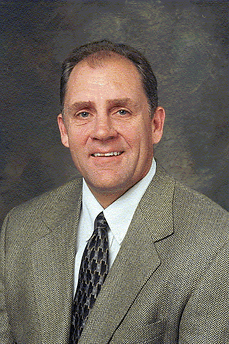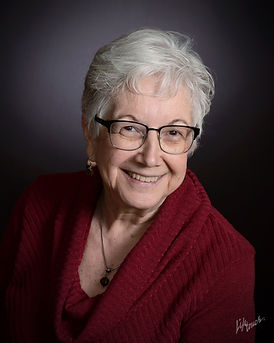Jacob W. Miller Award
The Jacob W. Miller Award is presented by the APhA Foundation and was endowed by Wyeth Pharmaceuticals. The Award is given annually during the APhA Foundation’s Contributors' Breakfast at the APhA Annual Meeting.
In the spirit of Jake Miller’s outstanding commitment to the APhA Foundation the award recognizes an individual who has advanced the mission of the APhA Foundation through any or all of the following:
-
Active involvement in the programs of the APhA Foundation
-
Exemplary support in helping establish and/or maintaining APhA Foundation initiatives
-
Outstanding leadership in carrying out the mission of the APhA Foundation
The award recipient is selected by a vote of the APhA Foundation Board of Directors annually.
About Jacob W. Miller
Jake Miller, a Kentucky native, graduated from the University of Kentucky College of Pharmacy in 1951. Jake has held many positions in the industry, owned a community pharmacy, earned a Juris Doctor degree, and developed a national reputation as a pioneer in the establishment of third party prescription programs. He was also active and held leadership positions in state and national pharmacy organizations, earning many of their coveted honors. He served as APhA President from 1978—1979. Jake is well remembered for his long association with the Bowl of Hygeia Award program. Mr. Miller and his wife, Mary, currently reside in Virginia Beach, Virginia.

In 2000, Jake was honored with the award for his dedicated service and leadership as president of the APhA Foundation Board of Directors from 1991 to 2000. Throughout his tenure, he was an active, hands-on leader often traveling to Washington to work with staff, as the Foundation became a more vital organization. Under his guidance, the Foundation was re-organized and its mission was re-focused to enhance the impact of the pharmacist’s pharmaceutical care role on the quality of consumer health care outcomes. The programs and projects that were developed during his tenure enabled pharmacists to better communicate with their patients, thereby ensuring more effective and safe use of medications in their drug therapy.













